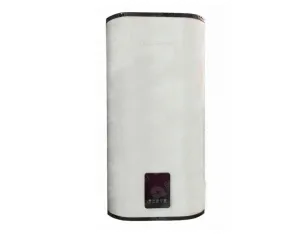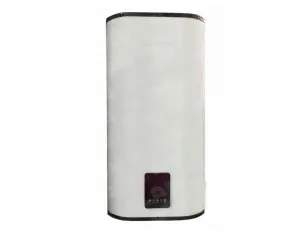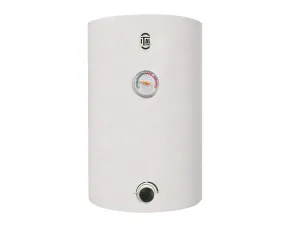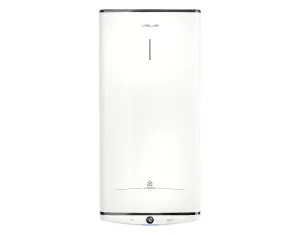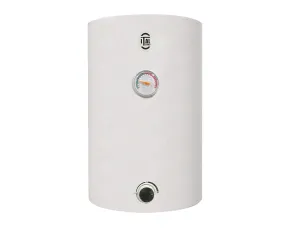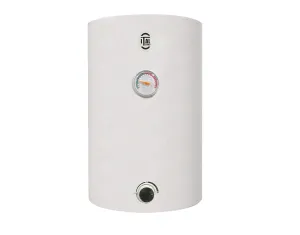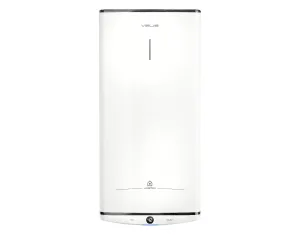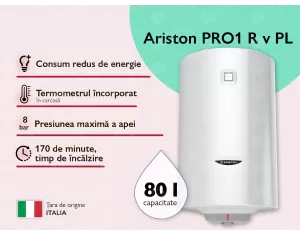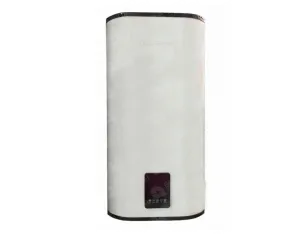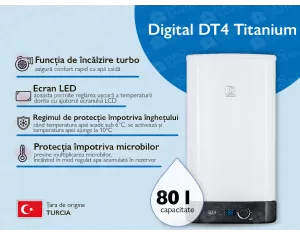Water heaters boilers
Water heaters and boilers play a crucial role in providing hot water for various household needs. Whether you're considering a new installation or an upgrade, understanding the key features and types of water heating systems is essential. In this comprehensive guide, we'll explore different water heaters and boilers, helping you make an informed decision for your home.
Types of Water Heaters:
Storage Tank Water Heaters: These are the most common type of water heaters. They store and heat a significant amount of water in a tank, ensuring hot water is readily available when needed.
Tankless (On-Demand) Water Heaters: Tankless water heaters heat water directly without the use of a storage tank. They are energy-efficient and provide hot water on demand, making them suitable for smaller households.
Heat Pump Water Heaters: Heat pump water heaters extract heat from the air or ground to heat the water. They are energy-efficient but work best in warmer climates.
Solar Water Heaters: Solar water heaters use energy from the sun to heat water. They are environmentally friendly and can significantly reduce energy bills over time.
Boiler Systems:
Combi Boilers: Combination boilers, or combi boilers, provide both central heating and hot water without the need for a separate tank. They are space-saving and ideal for smaller homes.
System Boilers: System boilers work with a cylinder to store hot water, making them suitable for homes with multiple bathrooms. They offer a good balance between efficiency and performance.
Conventional Boilers: Conventional boilers, also known as regular or traditional boilers, require a separate hot water tank. They are suitable for larger homes with higher hot water demands.
Factors to Consider When Choosing:
Energy Source: Consider the available energy sources—electricity, gas, oil, or solar. Choose the one that aligns with your preferences and local energy infrastructure.
Capacity: Determine the required capacity based on the size of your household and hot water needs. Larger families may benefit from systems with higher capacities.
Energy Efficiency: Look for water heaters and boilers with high energy efficiency ratings. Energy-efficient systems can contribute to lower utility bills and reduced environmental impact.
Installation and Maintenance: Consider the ease of installation and maintenance. Some systems may require professional installation, while others are more suitable for DIY enthusiasts.
Making the Right Investment:
Cost Comparison: Compare the initial costs, installation expenses, and long-term operational costs of different systems. Factor in potential energy savings to determine the overall cost-effectiveness.
Read Reviews: Explore customer reviews and testimonials for specific models. Real-world experiences can provide valuable insights into the performance and reliability of water heaters and boilers.
Consult Professionals: Seek advice from heating and plumbing professionals. They can assess your home's specific requirements and recommend systems that meet your needs.
Conclusion:
Choosing the right water heater or boiler is a significant decision that impacts your daily comfort and energy expenses. By considering factors such as energy source, capacity, and efficiency, you can make an informed choice that aligns with your household's needs and contributes to a more sustainable and cost-effective home.
